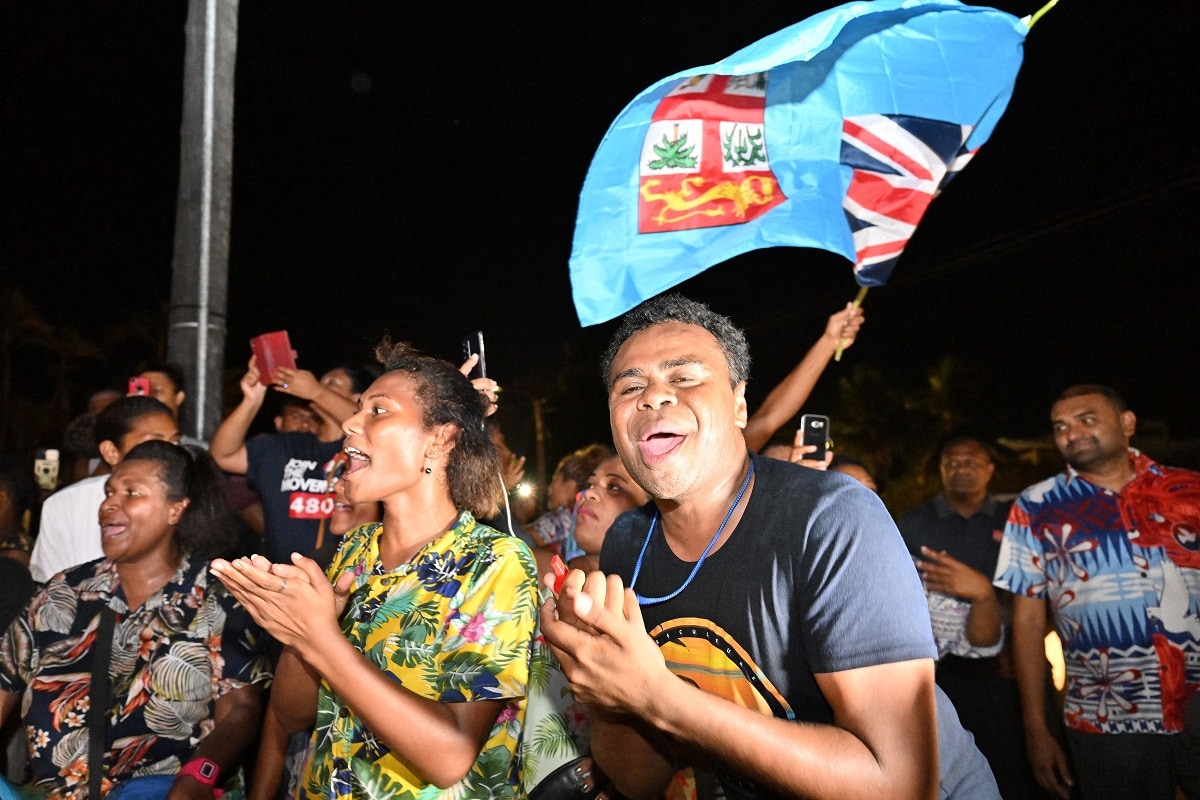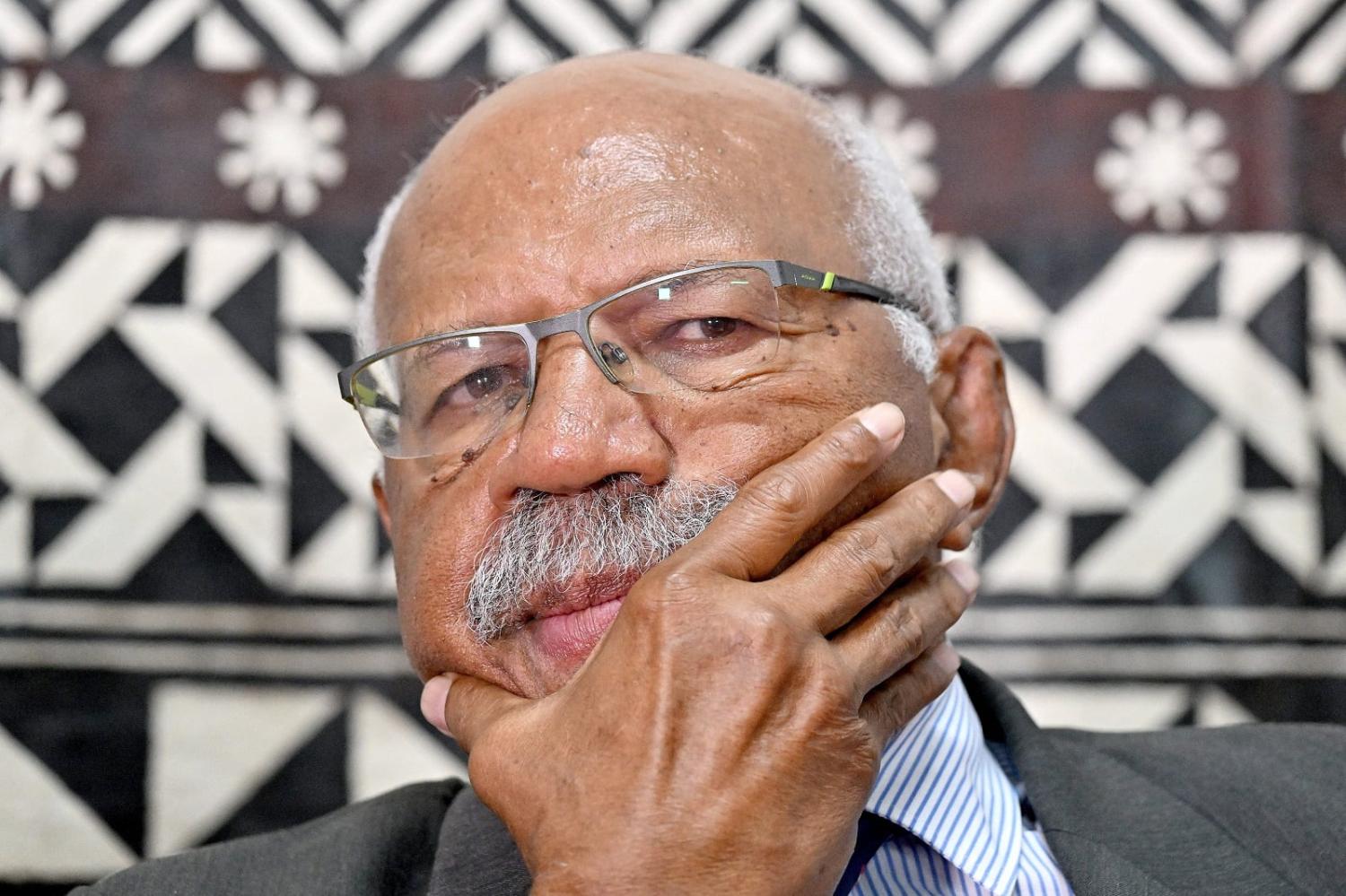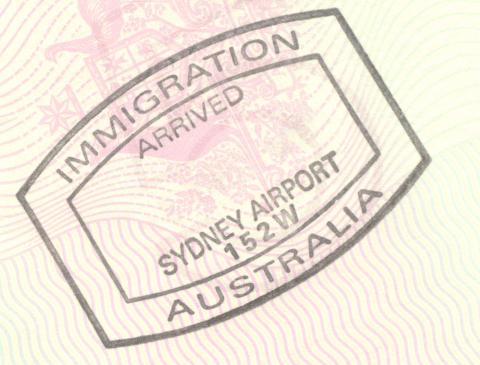“Have you seen the toxic environment that’s been created since yesterday on social media?” asked FijiFirst General Secretary Aiyaz Sayed-Khaiyum. “The level of racism in this country has heightened.”
This was two days after the announcement of seats by the Fijian Elections Office following the country’s general elections in December. Khaiyum’s FijiFirst Party had secured 26 seats in the election – not enough for the majority needed to govern in a 55-seat parliament. Rivals, the People’s Alliance, National Federation Party (NFP), and the Social Democratic Liberal Party (SODELPA), had 21, five, and three seats, respectively.
When Police Commissioner Brigadier General Sitiveni Qiliho confirmed two reports of stoning in the Central Division, a familiar ring could be heard. Political party leaders called for calm, some citizens expressed alarm, and partners abroad voiced concern. When police announced the Fiji military would assist in maintaining “law and order, amidst growing concerns of racial tension”, the scene seemed set for a rerun plucked from the annals of a painful past. Previously, the spectre of racism has been used as an excuse to push democracy aside.
This time, Fijians would not be goaded. The People’s Alliance General Secretary Sakiasi Ditoka lodged a complaint against Khaiyum with the Criminal Investigations Department for “allegedly inciting racial hatred and violence”. The Fiji Council of Social Services affirmed via its Executive Director Vani Catanasiga that “no racial tensions or attacks on minority groups [had] been reported so far.”
The #FijiIsUnited campaign, started by lawyer Bhumika Khatri, reverberated with a clear message: “We are safe with each other.” The social media that Khaiyum had referred to as teeming with toxicity now carried stories of ordinary Fijians, living life, planning holidays, and celebrating end-of-year festivities, together, peacefully, without fear. Decrying any acts of violence – racially motivated or otherwise – the refrain was that such incidents would not require military intervention.

Days prior, Fiji’s military had declined to intervene when the People’s Alliance expressed concern over the election process. If the military could respect the election outcome, so could citizens. As NFP candidate and civil society stalwart Sashi Kiran insisted pre-election, “We do not need to rely on FijiFirst for stability. We are enough for each other.”
The rest is history. A coalition government was formed, helmed by Prime Minister Sitiveni Rabuka.
Fiji’s institutional memory, embodied in its public libraries, the National Archives of Fiji, the Fiji Museum, and others, has long languished in the margins of national priority. The FijiFirst government clashed with the University of the South Pacific (USP), deporting its Vice-Chancellor, Pal Ahluwalia, and suspending grants to the institution – moves Rabuka worked swiftly to amend. A custodian of regional memory, fostering academic, creative and political thought and debate much needed in contemporary times, USP’s reassertion into public policy discourse could be instrumental in inoculating against disinformation and applying an empirical lens to the marketplace of opinions with enhanced transparency and accountability.
While history may not be repeating, it continues to rhyme. Fiji’s “new” prime minister is the same man who led its first coup, albeit reformed and leading with an openness to consultation and coalition-building markedly missing from the previous government. The Pacific line-up of leaders remains male and old, more so with the resignation of New Zealand Prime Minister Jacinda Ardern, who, with Samoa Prime Minister Fiame Naomi Mata’afa, represented departures from the old guard in their respective ways.
The proportion of women in Fiji’s parliament has fallen from 21.6 per cent in 2020 to 10.9 per cent, driven even lower by Opposition MP (and former Minister for Women, Children and Poverty Alleviation) Rosy Akbar’s resignation. Young people, as the largest demographic, remain noticeably absent from political decision-making despite a respectable showing of promising candidates. The wave of young leaders endures an insidious undertow, with candidates maligned for lacking experience or capability, yet heavily relied on for their resourcefulness, vitality and networks. In the post-election power struggle, it was youth wing members of political parties like SODELPA who played a vocal role, maintaining a strong position to see through a new coalition government.
Fiji economist and former politician Wadan Narsey observed that among all the parties it is “rare indeed to find any with a definite succession plan, based on genuine democracy in the party and government”. Indeed, “the practice used to be quite the opposite”, with leaders choosing non-threatening deputies, kept agreeable through coercion, isolation and capture. Even well-meaning mentors cast long, withering shadows over protégés, leaving them to diminish in profile and seek nourishing sunlight elsewhere or persevere under their ever-extending tutelage and ever-elusive retirements.
Eroded institutions, weakened democratic norms and heightened tolerance for flouting the rule of law have defined the political economy of the past 16 years in Fiji. Escaping its shadow will require moving beyond merely creating new winners and losers. The country will have a challenging course ahead in avoiding the easy path of retribution and instead leaning towards the complex work of justice and restoration. It is too early to tell, but certainly early enough to ensure that the ultimate winners are the Fijian people. Having lost, reclaimed, and survived much, we may be enough for each other after all.

